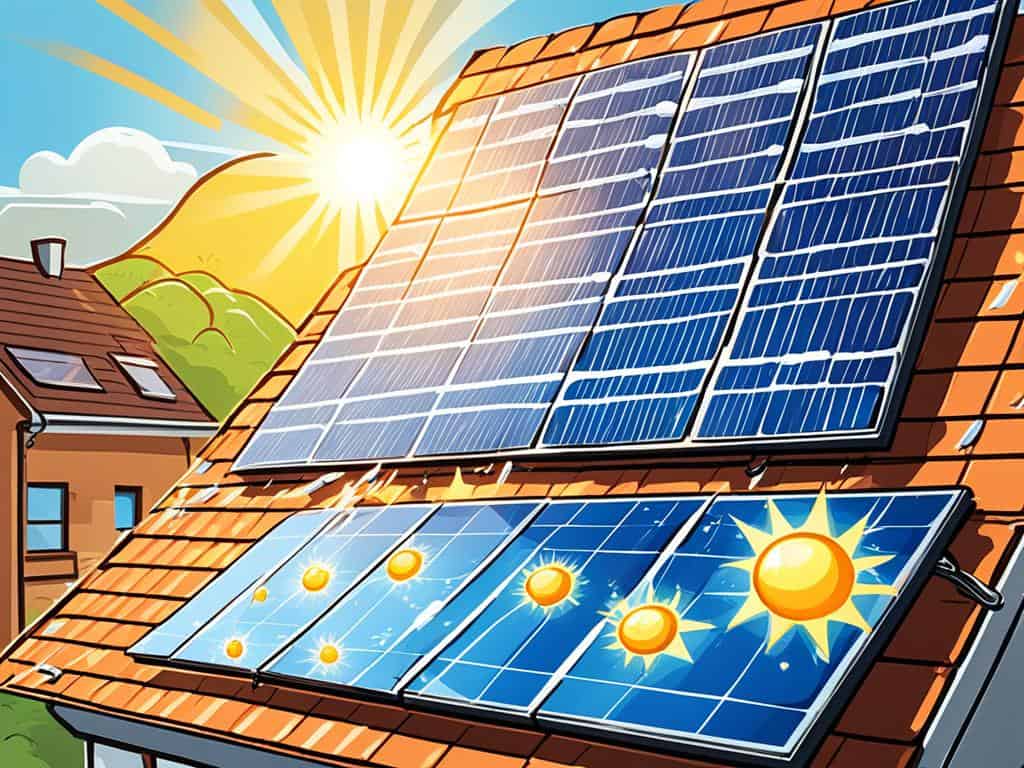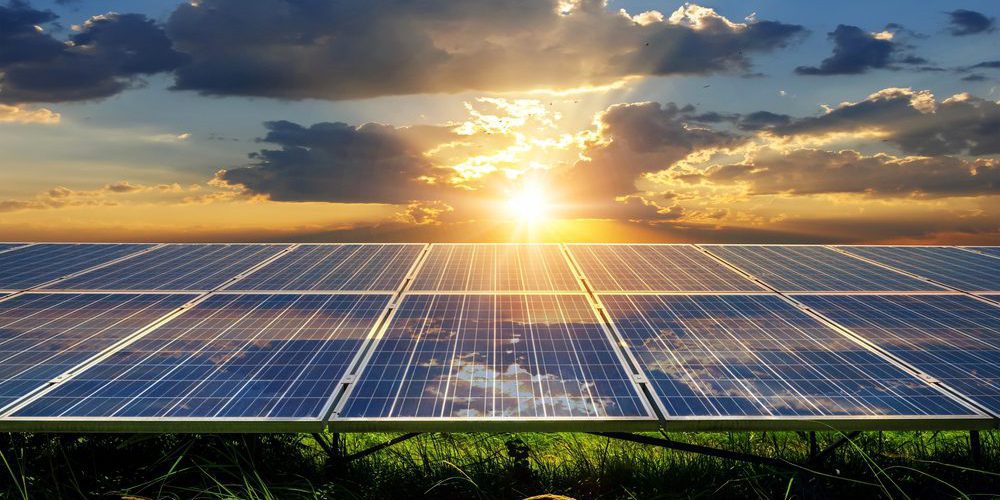Optimize Energy Cost Savings With High-Quality Solar Panels
Making the most of power savings via the use of premium solar panels is a diverse method that calls for mindful consideration of innovation, setup, and maintenance. Choosing high-efficiency options, such as monocrystalline panels, can considerably improve power generation, while toughness and guarantee terms play an essential duty in long-lasting monetary practicality.
Advantages of Solar Power
The benefits of solar energy are many and substantial, making it a progressively attractive alternative for both residential and commercial applications. One of the main benefits is its potential to lower power costs. By harnessing sunlight, residential or commercial property owners can create their own power, reducing dependence on typical utility resources and eventually bring about significant cost savings.
An additional vital benefit is ecological sustainability. Solar power is a clean, eco-friendly source that assists to minimize greenhouse gas exhausts, contributing to a reduction in air contamination and climate change. This aligns with global initiatives to transition in the direction of more lasting energy services.
Furthermore, solar power systems can increase residential or commercial property value. Houses and businesses geared up with photovoltaic panels frequently have higher resale values, attracting environmentally-conscious buyers and capitalists. Additionally, government motivations, such as tax obligation credits and discounts, can counter installation costs, making solar power a lot more economically practical.
Last but not least, solar technology advertises power freedom. By buying solar power, people and organizations can decrease their vulnerability to rising and fall power costs and supply disturbances, cultivating higher control over their energy resources. Jointly, these advantages emphasize the engaging reasons to consider solar power options.
Choosing the Right Solar Panels
Selecting the right solar panels is a critical step in making the most of the efficiency and benefits of a solar power system. When assessing photovoltaic panels, a number of elements should be thought about to ensure ideal efficiency and long-term financial savings.
First, analyze the panel's effectiveness ranking, which shows just how effectively it transforms sunshine right into power. Greater performance panels may have a higher ahead of time price but can produce more energy in limited area. Next off, check out the service warranty provided by the manufacturer; a much longer service warranty usually shows a higher degree of confidence in the item's resilience and performance.
In addition, take into consideration the kind of solar panel modern technology. Monocrystalline panels are recognized for their high performance and space-saving layout, while polycrystalline panels often tend to be more affordable yet a little much less reliable. Bifacial panels, which capture sunlight from both sides, are additionally getting appeal for their possible to improve energy output.
Finally, conduct an extensive review of independent performance scores and customer testimonials to assess integrity and satisfaction. By very carefully taking into consideration these factors, home owners can make informed options that dig this straighten with their energy demands and economic objectives, eventually improving the roi for their solar energy systems.
Understanding Setup Expenses
Comprehending the expenses related to setting up photovoltaic panels is vital for homeowners aiming to spend in eco-friendly power. The general setup price can differ considerably based on several elements, consisting of system dimension, panel type, installation complexity, and geographical location.
Typically, the expense is computed on a per-watt basis, with ordinary rates varying from $2.50 to $3.50 per watt prior to any kind of incentives. A typical residential system could cost between $15,000 and $25,000, depending upon energy demands and the picked parts.
In enhancement to the panels themselves, property owners should think about expenses associated with inverters, mounting equipment, and electric upgrades. Labor expenses likewise play a crucial duty, as expert setup ensures conformity with check security standards and local laws.

Inevitably, understanding these installation costs and prospective economic advantages is vital for home owners to make educated choices regarding transitioning to solar power.

Upkeep for Long-Term Cost Savings
Keeping solar panels is essential for taking full advantage of lasting energy savings and making sure the system runs at peak performance. Routine maintenance includes a number of essential techniques that can substantially boost the durability and efficiency of solar setups.
First, regular inspections need to be conducted to determine any physical damages or wear, such as fractures or loosened links. Cleaning up the panels is also essential, as dirt, dust, and particles can obstruct sunlight, decreasing energy result (Solar Panels). It look at this web-site is suggested to cleanse the panels a minimum of two times a year, or much more regularly in locations with high degrees of dirt or air pollution
Furthermore, keeping an eye on the system's performance via a tracking software application can offer real-time data on energy production and alert homeowners to any kind of anomalies. This positive method enables timely repairs, lessening downtime and preserving optimum power generation.
Ecological Influence of Solar Power
The environmental impact of solar power prolongs far past its immediate benefits of decreasing electricity bills and dependence on nonrenewable fuel sources. By utilizing sunshine, solar power significantly reduces greenhouse gas discharges, thus reducing environment adjustment. Unlike conventional power sources such as coal or all-natural gas, solar energy generation does not create air toxins, adding to improved air top quality and public wellness.
Additionally, solar power promotes biodiversity by decreasing the need for fossil gas extraction, which usually disrupts environments and environments. By transitioning to renewable resource resources, we can maintain natural landscapes and protect jeopardized species from habitat loss.
The life process of solar panels also offers a reduced environmental footprint compared to conventional power resources - Solar Panels. While making solar panels involves some resource usage and discharges, developments in innovation and reusing processes are constantly lowering these effects. Furthermore, the long-term benefits of solar power-- such as decreased dependence on limited sources-- much outweigh these initial costs
Final Thought
In recap, the fostering of top notch photovoltaic panels presents substantial opportunities for energy savings and ecological benefits. By choosing proper technologies, such as monocrystalline panels, and making sure reliable setup, property owners can enhance power generation in limited rooms. In addition, comprehending installation costs and upkeep demands further adds to long-term savings. The calculated placement of photovoltaic panel choices with energy demands and federal government motivations boosts return on investment, promoting sustainability and lowering dependence on traditional power sources.